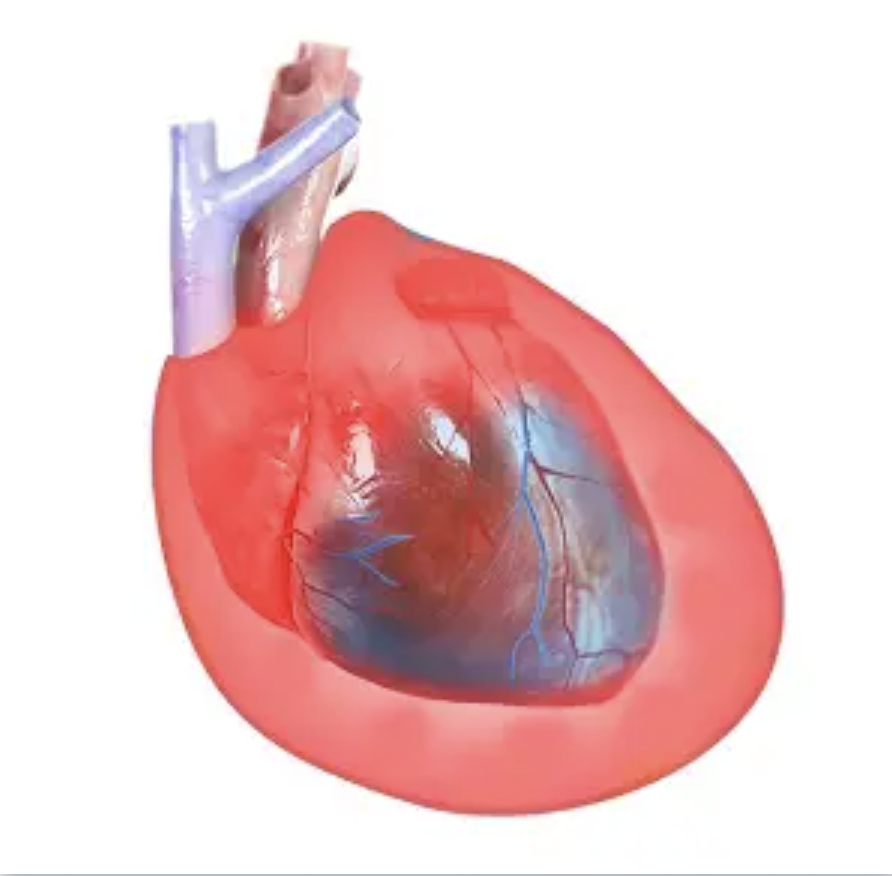Case Presented by : Situpriya Rout , 2nd Year MBBS , AIIMS Kalyani
Patient Information
- Name: Master A.R.
- Age: 6 years
- Gender: Male
- Address: Kalyani, West Bengal
- Date of Admission: [Date]
- Hospital ID: [ID Number]
Presenting Complaints
- High-grade fever for 3 days.
- Severe headache for 2 days.
- Vomiting, 2 episodes in the last 24 hours.
- Irritability and drowsiness for 1 day.
- Neck stiffness observed on the day of admission.
History of Present Illness
The patient was previously healthy until 3 days ago when he developed a fever (39°C), accompanied by generalized weakness. Over the next two days, he developed a throbbing headache and vomiting. On the day of admission, the child became increasingly irritable, confused, and lethargic. His parents noticed stiffness in his neck, prompting them to bring him to AIIMS Kalyani.
There was no history of seizures, photophobia, rash, or recent travel. The child had not been in contact with any person known to have meningitis or other infections.
Past Medical History
- No significant past illnesses.
- Vaccination status up-to-date, including vaccination against Mumps, Measles, and Rubella (MMR).
- No known allergies.
Family History
1: No family history of tuberculosis, neurological disorders, or similar symptoms in close relatives.
2: No significant history of chronic illnesses in the family.
Examination Findings
1: General Condition: Ill-appearing, drowsy but responsive to painful stimuli.
2: Vitals:
-
- Temperature: 39.5°C
- Pulse: 110/min
- Blood Pressure: 100/65 mmHg
- Respiratory Rate: 25/min
3:CNS Examination:
-
- Neck stiffness present.
- Positive Kernig’s and Brudzinski’s signs.
- No focal neurological deficits.
- Glasgow Coma Scale (GCS): 12/15
4: Systemic Examination:
-
- Cardiovascular, respiratory, and abdominal exams were unremarkable.
Differential Diagnosis
- Viral Meningitis
- Bacterial Meningitis
- Tuberculous Meningitis
- Encephalitis
- Febrile Illness with Dehydration
Investigations Ordered
- Complete Blood Count (CBC):
- WBC: Elevated with lymphocytic predominance.
- Hemoglobin and platelet counts normal.
- Lumbar Puncture (CSF Analysis):
- Opening pressure: Elevated.
- CSF: Clear, colorless.
- Cell Count: Mild pleocytosis with lymphocyte predominance.
- Protein: Slightly elevated.
- Glucose: Normal, with a normal CSF/plasma glucose ratio.
- Gram Stain and Culture:
- PCR for Enteroviruses: Positive for Echovirus.
- Serum Electrolytes, Renal Function, and Liver Function Tests:
- Viral Serologies and PCR Panel:
- Positive for Enterovirus.
- Negative for Herpes Simplex Virus (HSV), Varicella Zoster Virus (VZV), and other common viral pathogens.
- Neuroimaging (CT/MRI of the Brain):
- No significant abnormalities noted. No signs of hydrocephalus or encephalitis.
Diagnosis
Based on clinical presentation, CSF findings, and positive PCR results for Echovirus, the patient was diagnosed with Viral Meningitis caused by an enterovirus.
Treatment Plan
- Supportive Care:
- IV fluids for hydration.
- Paracetamol for fever and headache relief.
- Anti-emetics for vomiting.
- Observation for Complications:
- Monitoring for signs of increased intracranial pressure, seizures, or altered consciousness.
- No Antibiotics Administered:
- Based on the viral etiology, antibiotics were not started after bacterial cultures were negative.
- Counseling and Parental Education:
- Education on the self-limiting nature of viral meningitis and symptoms to monitor at home.
- Strict follow-up in the outpatient department after discharge.
Outcome
- The child showed significant improvement over 5 days.
- Fever subsided by the 3rd day, and his headache and irritability resolved gradually.
- He was discharged after 7 days of hospitalization, with instructions for follow-up and neurological reassessment if symptoms recurred.
Discussion
Viral meningitis is common in children, especially those under 10 years of age. In India, enteroviruses, including echoviruses and coxsackieviruses, are leading causes. AIIMS Kalyani serves as a referral center for pediatric infectious diseases in West Bengal, offering advanced diagnostic capabilities like PCR for early and accurate identification of viral pathogens.
Early diagnosis and supportive treatment can lead to a full recovery in most cases, as seen in this patient. However, bacterial meningitis must be ruled out promptly to avoid potential lifethreatening complications.
Conclusion
This case highlights the importance of early detection, appropriate investigations, and supportive management in pediatric viral meningitis, with a favorable prognosis when treated in a timely manner.
References:
- National Center for Disease Control (NCDC), India: Guidelines for Viral Meningitis.
- AIIMS Kalyani Pediatric Case Records (2023).





Leave feedback about this